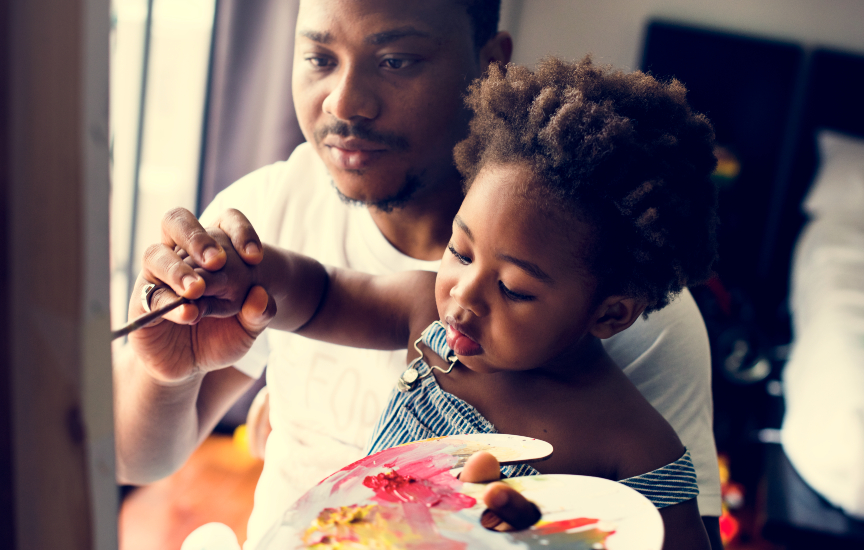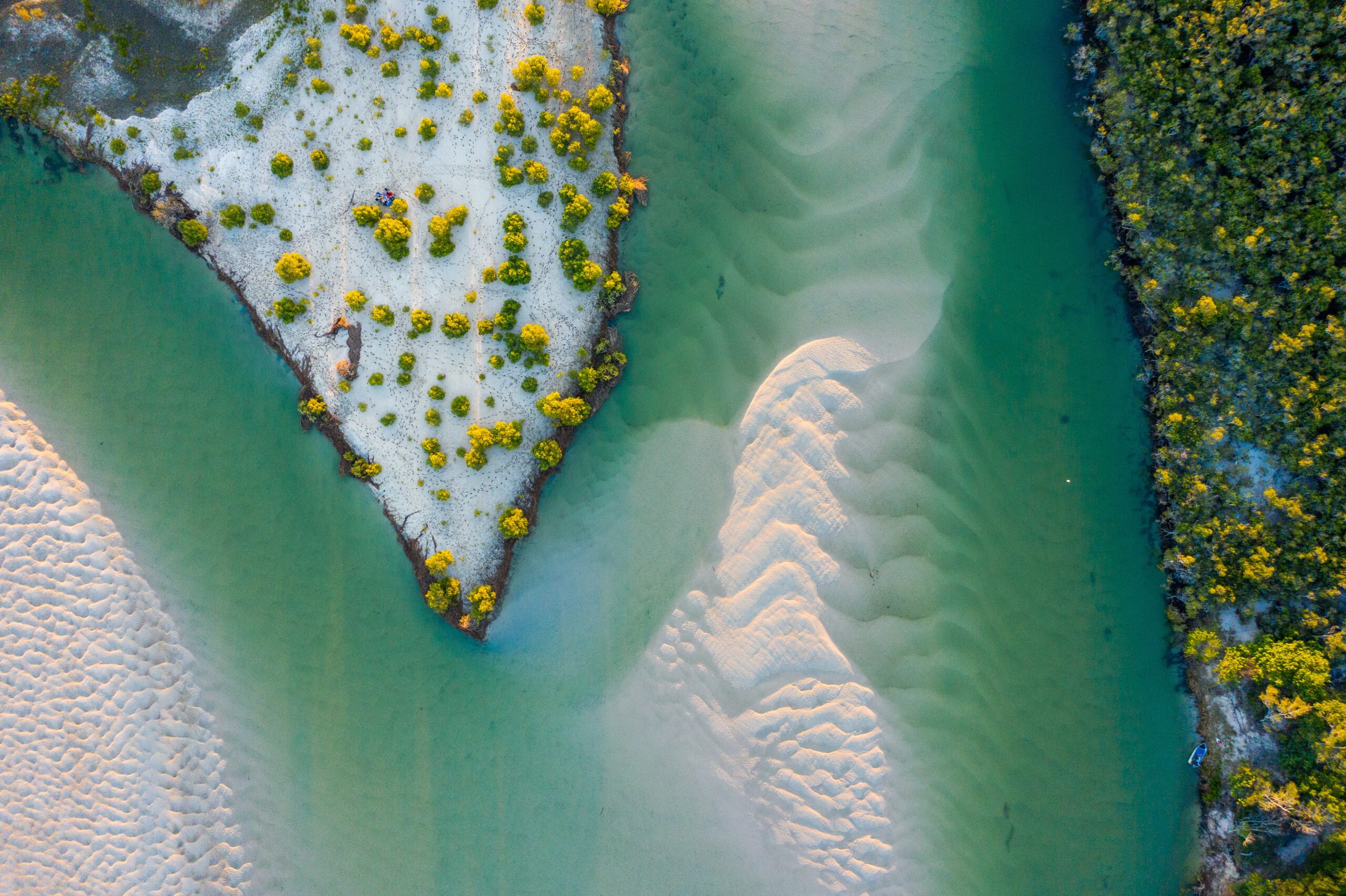Highlighting Australia
- As a proudly Australian initiative, we’re excited to showcase a collection of Australian stories, music, tributes and more.

Join activities, celebrations, study groups, spiritual empowerment and education programs for young people, and more.
Baha’i beliefs address essential spiritual themes for humanity’s collective and individual advancement. Learn more about these and more.


One day a young man was composing jazz tunes on a rented piano in his apartment in Boston when the doorbell rang. He opened the door to find himself face-to-face with his blue-eyed neighbour, a classically trained singer who had heard his music through the floor and needed someone to accompany her while she rehearsed. Two years later this singer gave birth to me at home, accompanied by jazz played by my father and the doctor, who was (naturally) also a musician.
Our house was always full of live music and artwork from all over the world. The arts were a way of life. Creating and appreciating art was how we related to each other, and how we built community. So the first time someone asked me what I saw as the purpose of the arts I was thrown off guard. They seem as essential as food and water. There are an endless number of ways that the arts enrich our lives and shape our reality. Here are five that I keep coming back to:
The arts challenge us to reflect on what we value and why, and in so doing shape how we define ourselves and our purpose as individuals and as communities. I have seen dance troupes that use movement as a means of advocating for social justice; public art that invites us to explore who we are and what we are choosing to celebrate and value in our communities, as well as art that inflames anger, prejudice and division. The power of art is even evident in what is missing—when what we see is art created by and primarily representing one sex or culture it affects our perception of diversity, what we value, and the voices that we celebrate and come to identify with. Addressing the way that music moves us emotionally in both positive and negative ways, Abdu’l-Baha says:
Whatever is in the heart of man, melody moves and awakens. If a heart full of good feelings and a pure voice are joined together, a great effect is produced. For instance: if there be love in the heart, through melody, it will increase until its intensity can scarcely be borne; but if bad thoughts are in the heart, such as hatred, it will increase and multiply. For instance: the music used in war awakens the desire for bloodshed. The meaning is that melody causes whatever feeling is in the heart to increase.1
By holding a mirror up to our current social reality, the arts can help us become more aware of how we are choosing to conduct ourselves, and challenge us to be proactive agents of positive change in shaping our individual and collective future. Since the arts can motivate both positive and negative action, it seems to me that artists need to be acutely conscious of the intention with which they approach the act of creating. Like any tool, artists need to use their form of expression responsibly. Because art is also a dialogue, those who enjoy it, but may not consider themselves artists also have a role to play. What we choose to support will in turn shape what is being created by our artistic communities.
The arts uplift by reflecting Divine beauty. As Leonardo da Vinci said, “Where the spirit does not work with the hand there is no art.” In the larger society, almost anything can be considered art. But the Baha’i Writings tell us that true art in its purest form is simply a reflection of Divine inspiration. Abdu’l-Baha was reported to have said that:
All Art is a gift of the Holy Spirit. When this light shines through the mind of a musician, it manifests itself in beautiful harmonies. Again, shining through the mind of a poet, it is seen in fine poetry and poetic prose. When the Light of the Sun of Truth inspires the mind of a painter, he produces marvellous pictures. These gifts are fulfilling their highest purpose, when showing forth the praise of God.2
By reflecting the beauty and perfection of the Divine, the arts invite us to connect both physically and spiritually. I share more about the role that beauty can play in our spiritual development here in this Baha’i Blog article: Unravelling Beauty
The arts are a tool that can be used for healing. The act of creating can be highly therapeutic for both artist and observer. It allows us to explore worlds that exist beyond the limitations of our physical reality, time and space, opening up possibilities that would not otherwise be accessible to us. As Dr. Rachel Naomi Remen explains, “[a]t the deepest level, the creative process and the healing process arise from a single source. When you are an artist, you are a healer; a wordless trust of the same mystery is the foundation of your work and its integrity.” Of course the healing potential of art can only be realized if artists recognize this single source, and choose to utilize it to improve collective wellbeing.
When pursued with the intention of serving God, the act of creation is an act of worship. The arts can find their greatest potency when they are a channel for divine inspiration, and what else is worship but communion with God? Abdu’l-Baha said:
[I]n this wonderful new age, art is worship. The more thou strivest to perfect it, the closer wilt thou come to God. What bestowal could be greater than this, that one’s art should be even as the act of worshipping the Lord? That is to say, when thy fingers grasp the paint brush, it is as if thou wert at prayer in the Temple.3
I think that we need the arts because they provide us with a language rich enough to communicate and reflect upon the human experience in all its dimensions, physical and spiritual. I remember reading the quote “We, verily, have made music as a ladder for your souls, a means whereby they may be lifted up unto the realm on high…”4 for the first time as a child, along with the words “music, sung or played, is spiritual food for soul and heart”5 and feeling profound joy that my father’s work was creating ladders for souls and spiritual food for hearts.
Given what a key role the arts play in how we perceive ourselves and what we value, it is important to me to learn how to use my artistic expression responsibly so that it is a unifying rather than divisive force in my life and community. Not everything I create will reflect all the attributes of God, but by envisioning myself as a hollow reed, every act of creation gives me another portal through which to connect with the mystery from which we all have come into being. The better I get at using the creative process to channel Divine power, the more effectively I am able to use my artistic endeavours to contribute to positive growth and development in my community.
"*" indicates required fields

We recognise their continuing connection to land, waters and community. We pay our respects to Aboriginal and Torres Strait Islander people and their cultures; and to elders both past and present.
The views expressed in our content reflect individual perspectives and do not represent authoritative views of the Baha’i Faith.

Visit the site of the
Australian Baha’i Community
and the Baha’i Faith Worldwide
Notifications
Thanks for this excellent article, Ariana. Too many people think it’s better to leave art to professionals. But we all partake of the name of God, the Fashioner, which means we are created to create. It doesn’t have to be great art to reflect the five reasons you have ennumerated.
Alan Manifold (April 4, 2021 at 9:25 AM)
Thank you for reading, Alan! And for taking the time to respond. I agree. We are all artists, and we all express our creative impulse in ways that are unique to us. What have you created recently?!
Ariana (April 4, 2021 at 12:14 PM)
Marshall McLuhan suggests that the artist is the only one who is truly in touch with the world as it truly is and is reflecting it back. https://www.marshallmcluhanspeaks.com/interview/1968-marshall-mcluhan-in-conversation-with-norman-mailer/index.html
Douglas Barker (April 4, 2021 at 12:02 PM)
Thank you for your reflection, Douglas. And for the link! I do think it is important to say that almost anything can be approached from an artistic perspective, and therefore be a faithful reflection of the world. Perhaps the question we should be asking is how can we all approach the work of our lives as an art form?
Ariana (April 4, 2021 at 2:30 PM)
I just happened upon your post as I was searching for the quote about being an artist “in this wonderful new age, art is worship…”
I feel moved by your reflections and thank you for sharing them. I am at a point in my artistic journey where I don’t know what to do next. I’m newly divorced, newly healthy, with a newly-repaired house, at an age where I could retire, and I’m feeling at a loss. Your post helped me recognize some options and helped me more deeply appreciate the journey I’m on.
Many thanks.
Susan Singer (October 10, 2024 at 8:10 AM)